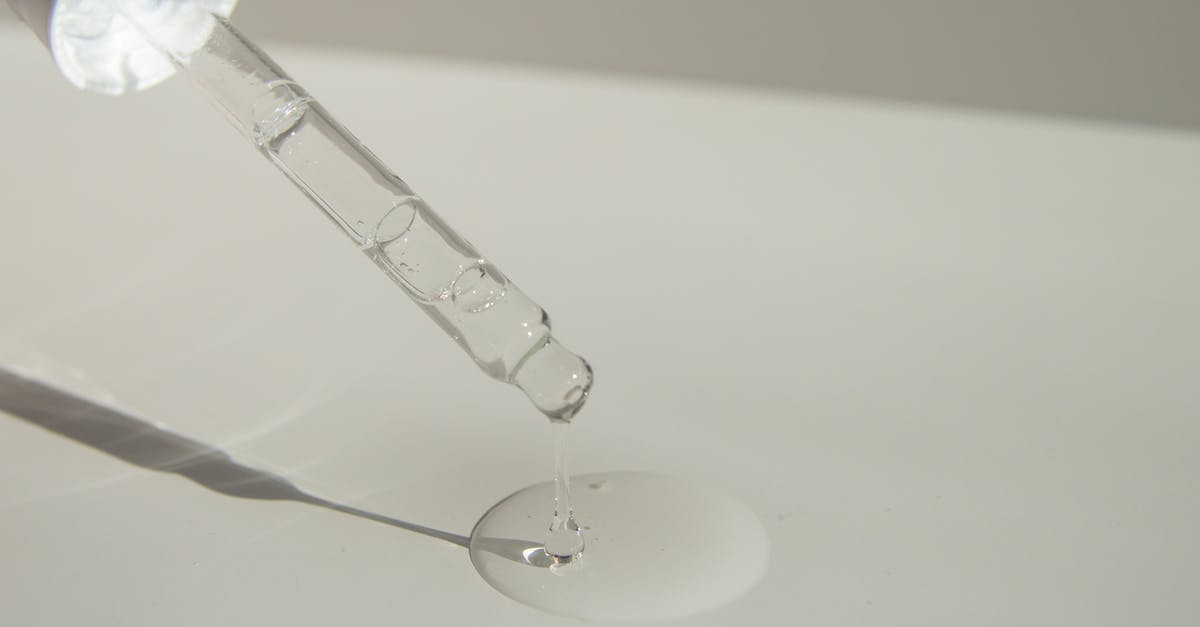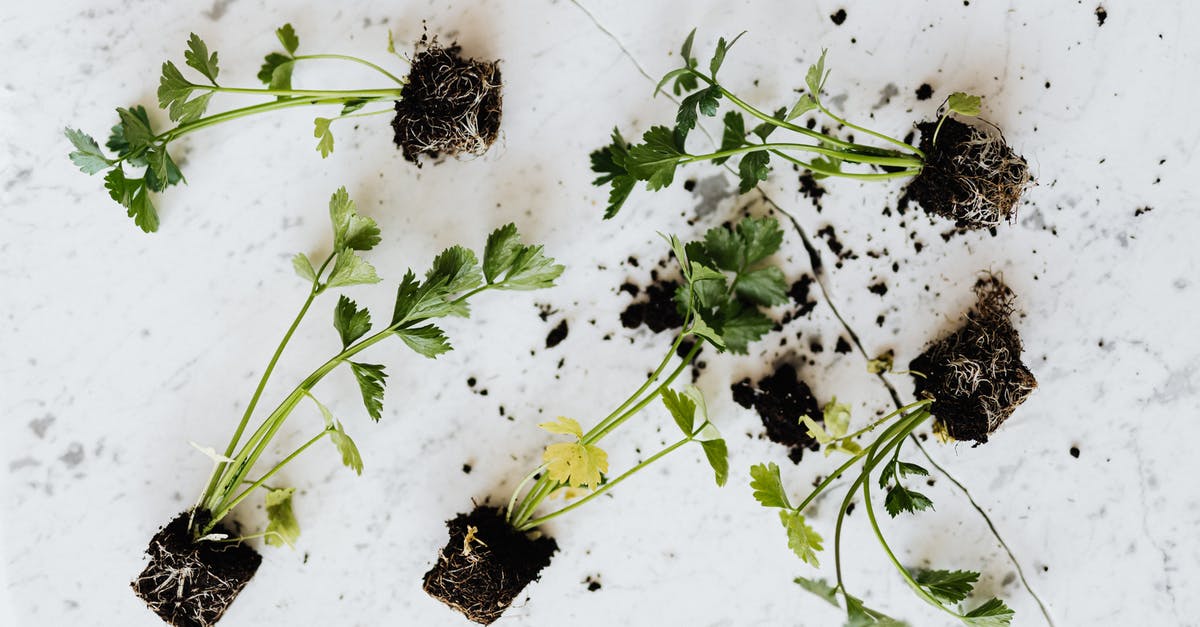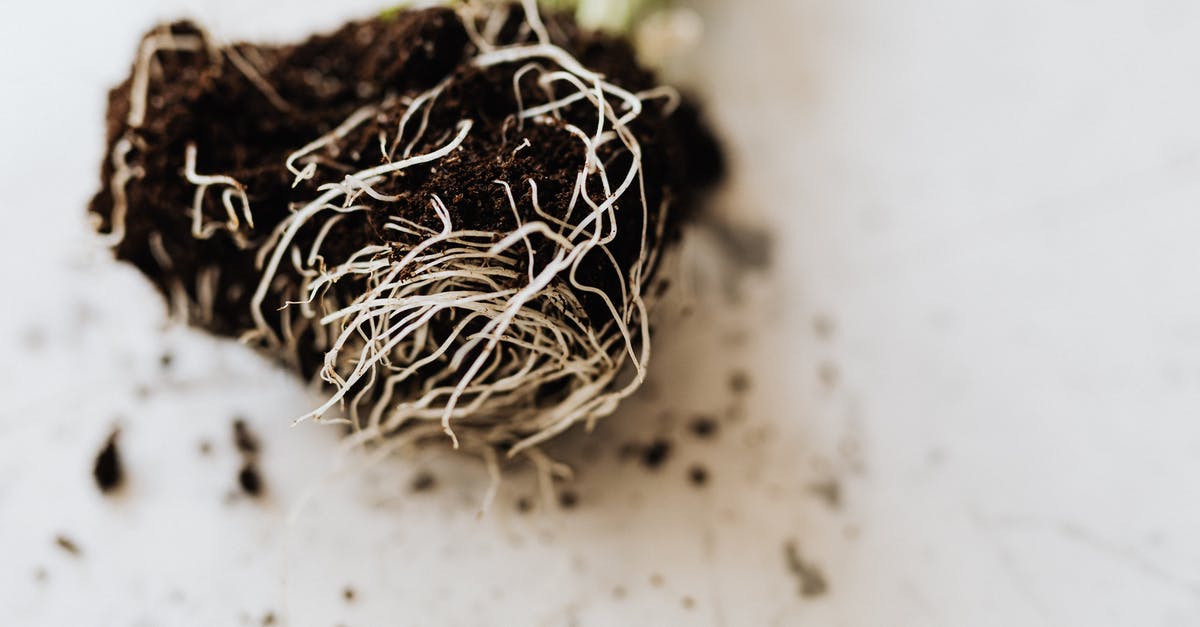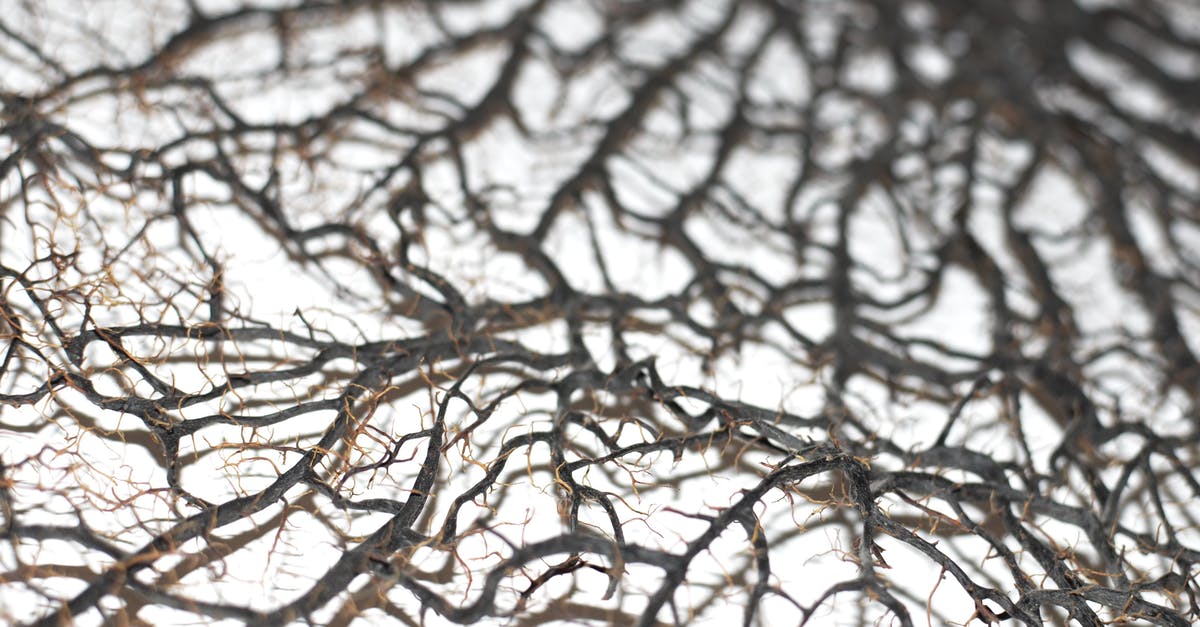how to extract Glycyrrhizin from liquorice root?

I recently learned that Glycyrrhizin, which is naturally present in liquorice root, is a strong sweetener (30-50x stronger than sugar depending on sources).
Some traditional recipes call for infusing liquorice for tea, but besides this I could not find much information about how to use liquorice as a sugar substitute.
So my question: How can I extract glycyrrhizin from liquorice to substitute for sugar in recipes?
- Should I grate / slice / blend my roots before putting them in water?
- Shall I boil for 10 minutes (more / less?) or leave it in cold water overnight?
I'm assuming the last step would be to filter the water / liquid and use this 'syrup' as my sweetener, but is this assumption correct?
Best Answer
Assuming that you have Glycyrrhiza glabra, the glycyrrhizin content should be somewhere less than 25% of the content - which is plenty for an extraction, and means you won't need a whole bunch of root and specialist techniques to extract it.
A quick google search leads me to believe that the procedures for extraction of the glycyrrhizin are fairly simple - maceration (literally chewing, but in this context meaning mashing/grinding/blending) followed by steeping for about 4 hours at room temperature (see also here). It looks like water alone is a pretty good solvent for it, but a mixture of 10% ethanol and 90% water is better.
From Wikipedia, it looks like the solubility is about 10 mg/ml (milligram/milliliter) in water. This is assuming that you can get a saturated solution from a pure compound. You will likely not get this sort of concentration, at least not without a bunch of other compounds coming across and giving you a strong liquorice flavour. Note that the average detection limit for sugar/sucrose is about 12 millimol/litre or about 4 mg/ml by my calculation - so with something 50x sweeter, you should have no problem sweetening things to a similar level as sugar using a solution with as little as 0.08 mg/ml. Your major problem with attempting this process is going to be how to measure how sweet your extracts are - you can do it by taste, but that will be very subjective.
Also note that many recipes for things like cookies call for crystalline sugar to provide structure in the batter rather than purely for sweetness, so you will need to substitute some of the liquid for your liquid sweetener and work out something to add to maintain the structure. I am sure that there this is a well worked out solution for this already for people wanting cookies without the sugar, so I will leave it to you to research.
Pictures about "how to extract Glycyrrhizin from liquorice root?"



How do you extract glycyrrhizin from licorice?
In this study, a simple and convenient method for the extraction of glycyrrhizic acid and glabridin from licorice is developed and validated. Mixture of ethanol/water (30:70, v/v) and extraction time 60 min under 50\xb0C is the optimum condition to extract GA and glabridin from licorice.How do you make licorice root extract?
Glycyrrhizin (or glycyrrhizic acid or glycyrrhizinic acid) is the chief sweet-tasting constituent of Glycyrrhiza glabra (liquorice) root....Glycyrrhizin.Clinical data3D model (JSmol)Interactive imageSolubility in water1\u201310 mg/mL (20 \xb0C)26 more rowsIs Glycyrrhizic acid soluble in water?
Licorice extract cream with 10% concentration is more effective in lightening the skin than the concentration of 20% and 40%.What is Licorice Root and What Are Its Benefits? – Dr.Berg
Sources: Stack Exchange - This article follows the attribution requirements of Stack Exchange and is licensed under CC BY-SA 3.0.
Images: Jill Burrow, Karolina Grabowska, Karolina Grabowska, Skylar Kang
